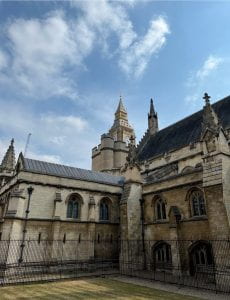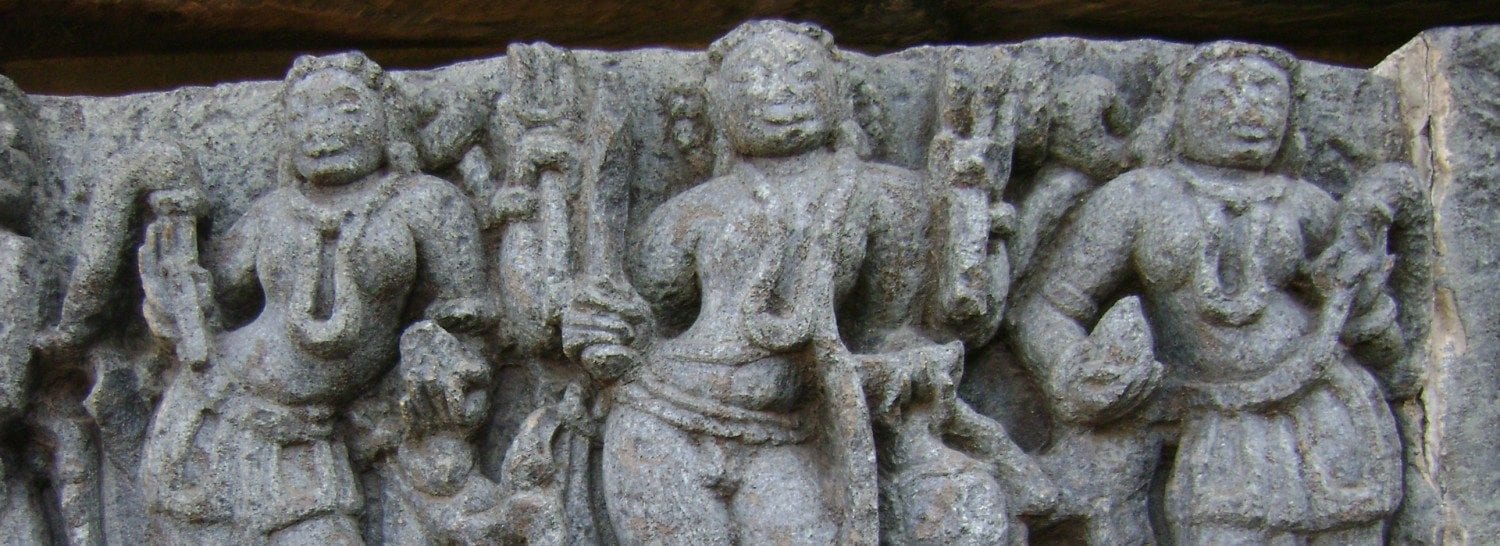The British Houses of Parliament is regularly visited by thousands of tourists a year—not including the staff, elected officials, members of the House of Lords, and the British constituents coming to speak with their representatives. It was an incredible experience to be among the bustle of other visitors and witness the members of the British Parliamentary system at work. Something that many of these tourists are unaware of—whether willingly or not—is the colonial history of the British Empire present within its walls and its reflection of India.
India and Britain have an extremely complicated, intertwined, and bloody history that cannot be separated from the British Parliament. Britain’s empire was also present in the artworks in the main lobby wherein there were mosaics representing the other countries in Britain—England, (Northern) Ireland, Scotland, and Wales. This serves as a reminder that even today, there is a complicated set of states that have varying opinions on whether they want to be associated with Britain. The Irish Partition and recent Scottish push for independence, as well as the controversies about countries remaining within the Commonwealth are great examples of how British Imperialism has had lasting impacts worldwide.
In 1892, Dadabhai Naoroji was elected to British Parliament in the House of the Commons. This made Naoroji the first Asian Member of Parliament (MP). Naoroji gained this office on his platform of education for women, anti-imperialism, and many other progressive ideals. Before he was running for Parliament in Britain, Naoroji was opening girls’ schools in India and championing women’s rights. Then, when visiting Britain, he noticed the stark difference in the economic situations of India and England. This led him to begin to analyze the causes of these differences through the lens of colonialism and imperialism. During this time, the imperialists of Britain popularized the notion that imperialism was good for the colonies and their subjects and brought them prosperity. This was an idea that Naoroji was skeptical of, and began to study. Eventually, Naoroji coined the term “drain of wealth” in reference to how empires bled their colonies dry and reaped the benefits for themselves. This idea highlighted how unsustainable imperialism for the colonies and how it was exploitative.
The extreme and grandiose wealth that Naoroji noticed on his trip to Britain is still clear and present in today’s Britain as well. The walls and ceilings of the Houses of Parliament are gilded with gold and are covered in expensive and intricate frescos and paintings. There are undoubtedly silks, fabrics, jewels, and other luxury imports from India within the walls of Parliament. On the tour that we took around the House of the Lords, there was no mention of Queen Victoria’s controversial relationship with India, or of Dadbhai Naoroji. This shows how far we still have to go to overcome colonial amnesia and educate about how these famous monuments came to be.

